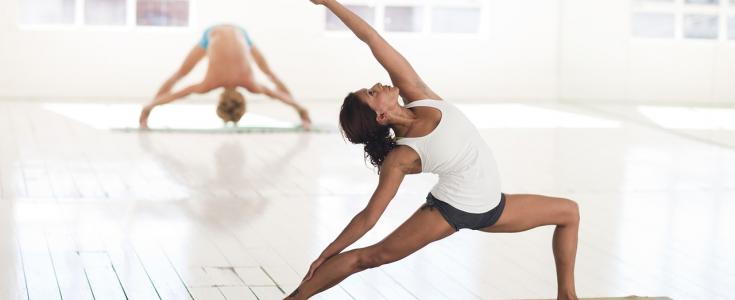How to Prevent Anxiety Attacks
Anxiety attacks are very frightening experiences, and for chronic sufferers, they can seriously impact everyday life. While there are things you can do to deal with an anxiety attack once it begins, it is much more useful to learn to ways to prevent them from happening in the first place. Here are a few steps you can take to help prevent future anxiety attacks:
Exercise Regularly
Studies have shown that exercise helps to ease symptoms of anxiety, with as little as 30 minutes of activity a few days a week providing results. Choosing exercises like yoga and tai chi can provide additional benefits, as they teach relaxation, breath control, and meditation.
Avoid Caffeine & Other Stimulants
Caffeine and other stimulants can trigger anxiety symptoms or attacks in susceptible people. If you find that caffeine makes you feel agitated or anxious, it is best to avoid it. The physiological effects of caffeine can mimic anxiety symptoms, and increased anxiety symptoms can put you at risk for a panic attack. It is also good practice to avoid other drugs that can alter your moods, like alcohol and tobacco.
Control Your Breathing
People often recommend taking a deep breath in order to calm down, and there is truth to that. If you learn to breathe deeply, in a controlled fashion, you can avoid the hyperventilation that often occurs in a panic-inducing situation. Because hyperventilation can cause many of the sensations associated with an anxiety attack, such as dizziness/lightheadedness and chest tightness, controlling your breathing can help you avoid some of these symptoms.
Practice Relaxation Techniques
Practicing techniques like meditation, breathing exercises, and progressive muscle relaxation can help you strengthen your relaxation response. If you practice them regularly, relaxation will become an easier and more natural response that can help counteract the body's stress response in times of anxiety.
Be Aware of Your Triggers
If you know that certain situations tend to cause anxiety attacks, you can be mindful of how you're feeling and put your relaxation techniques and breath control into practice before you have an attack. Knowing about the causes of panic and ways to address it can help you to feel empowered rather than frightened.
Photo by AndiP from Pixabay









